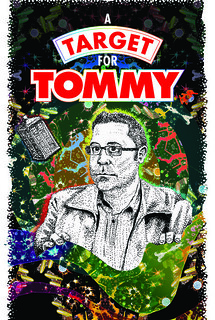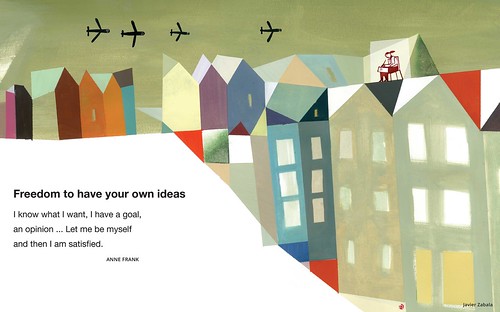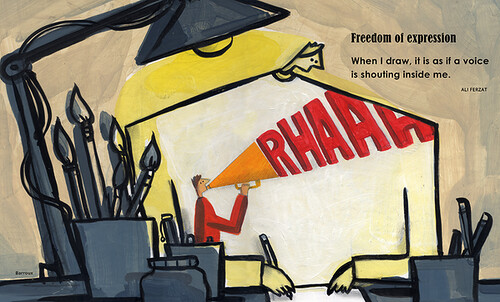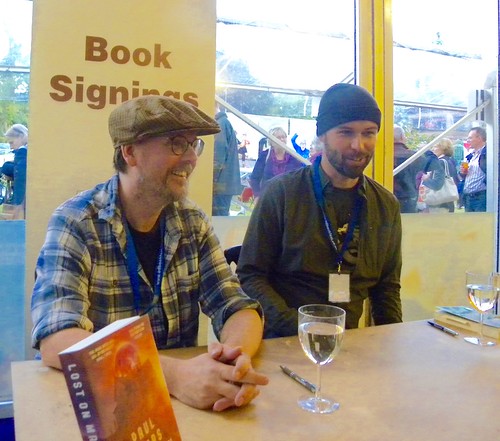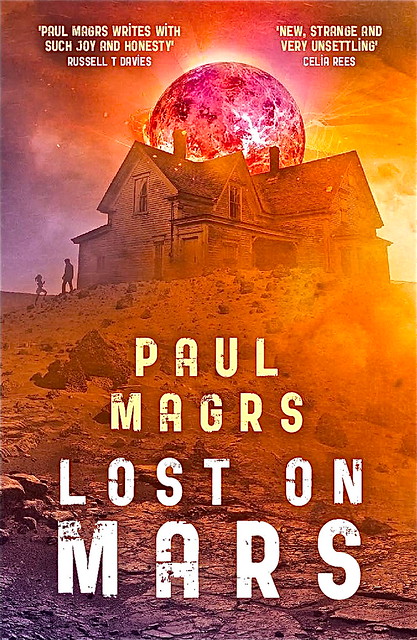I have just begun reading the fanthology A Target for Tommy, written by friends of Tommy Donbavand’s as a way of raising funds for him, edited by Paul Magrs and Stuart Douglas. It is quite interesting, since fan fiction is often written badly – if enthusiastically – by non-writer fans. Here we have professional writers who are also fans, writing their own fan fiction, and that is a completely different kettle of fish.
What I hadn’t done before grabbing the book, though, was to consider how much I don’t know. Barry Hutchison has a fun story early on, featuring Donna and, I presume, David Tennant. So that was fine, and I could picture them in my mind.
And then I moved on to older Doctors and their companions, and whereas many of them have been mentioned over the years, I don’t know them. Sarah Jane, obviously, but not really the others. This will be a long learning process. I am missing something like forty years of Doctor Who and his companions, and Wikipedia wasn’t as immediately forthcoming as I had hoped.
At least this way I get to see what went on inside the minds of companions, and you realise how different one Doctor is from another, despite being mostly the same. Luckily K-9 is pretty much K-9.
Highly recommended for fans of the Doctor. Or should I say for fans of the companions?
I’m guessing a lot of writers have been dying to have a go at this kind of fan fiction writing, and it’s not as if it’s all that strange either, what with there having been so many different writers involved over the years. It was never just one; either Doctor or companion or writer.

